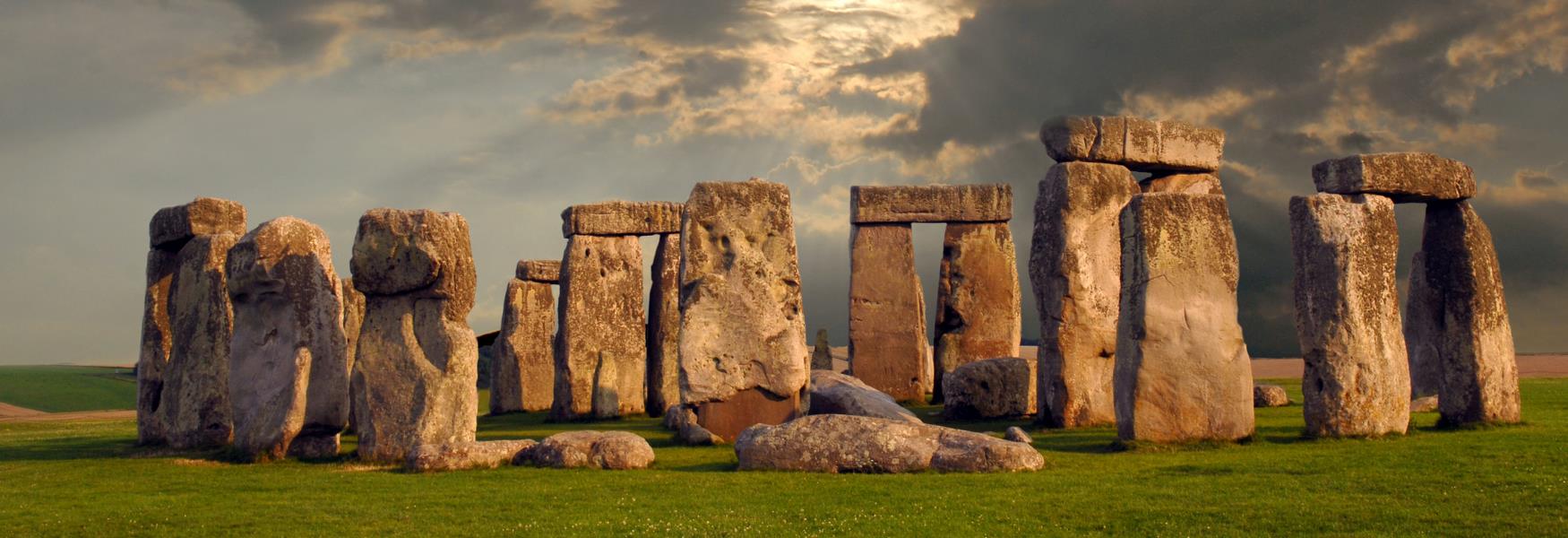To build your own Itinerary, click  to add an item to your Itinerary basket.
to add an item to your Itinerary basket.
Already saved an Itinerary?



You are here: UK History > The British Empire
As the biggest empire the world had ever seen at its height, it isn’t possible to go through the entire history of the British Empire, however, here is a timeline of some of the biggest events throughout the history of the Empire.
Henry VII authorised John Cabot, an explorer from Italy who was living in England, to go forth and discover previously unknown places. He arrived in North America in 1497.
The colony was established at Jamestown, which falls within modern day Virginia. The first African slaves were shipped there in 1619.
At the time the Anglo-Spanish War was going on. The English, under Oliver Cromwell, captured Jamaica from the Spanish and made it an English colony, it came in the wake of other colonies being created in the area which became known as the British West Indies.
The English captured New Amsterdam from Dutch settlers and renamed it New York in honour of the Duke of York. The wider province of New York became a total of 13 colonies that made up British America.
The War of the Spanish Succession comes to an end leaving Britain in a dominant position with places like Gibraltar and Menorca coming under its control.
The East India Trading Company became so powerful that it had its own army and wins the Battle of Plassey in India, defeating Bengali forces and allowed Robert Clive to become the Governor of Bengal and lay the foundations of British control of India.
The Seven Year’s War comes to an end, leaving Britain gaining territory in North America from France, including the colony of Canada. The British victory also makes them the dominant power in India.
While on a voyage in the South Pacific, Captain James Cook claims New Zealand and eastern Australia, which he named New South Wales, for Great Britain.
The American War of Independence breaks out over the colonies resentment over being taxed by British parliament without representation. Britain accepts their sovereignty and grants them independence.
The British established a penal colony in Australia, which at the time was known as New South Wales, sending convicted criminals there to work as labourers. Over time, it becomes a civil society with the British eventually claiming the whole continent. Australia became a self governing Dominion in the British Empire in 1901.
Parliament passes the Slave Trade Act 1807 prohibiting the slave trade in the British Empire and leading to the creation of the Royal Navy’s West Africa Squadron who would patrol the coastline stopping the trading of slaves.
The uprising spreads through the whole country and eventually ends the East India Company’s rule of the country and a long era of direct rule from the British Government.
The Boer War was a colonial conflict against the descendants of Dutch settlers in southern Africa. Britain eventually wins but it was costly in both money and lives.
During WWII, India gained independence and began the end of the British Empire. The war also drained resources that would have otherwise gone to the colonies.
Ghana was the first African country to gain independence from European control, followed by decolonisation in Africa, the Caribbean and elsewhere.
Hong Kong is returned to the Chinese, it was the last major colony remaining under British rule.
© Visit Heritage 2025. All Rights Reserved

.png)


